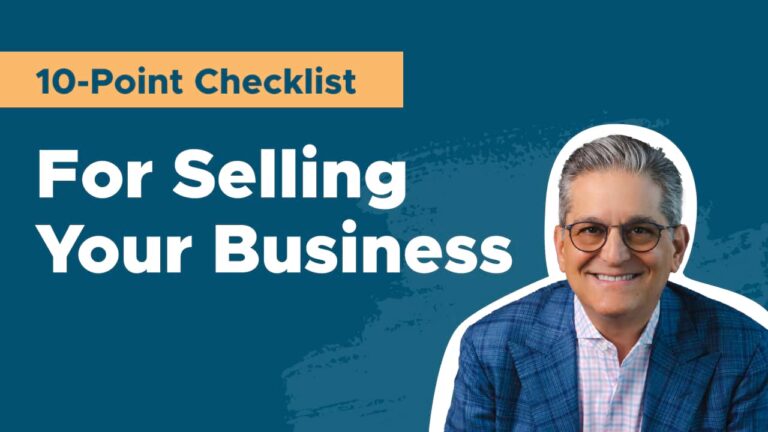1/27/21: Equity markets have staged a dramatic rebound from the depths of the pandemic-induced selloff last March, fueled by an aggressive central bank and the prospect of fiscal relief. From its low hit last March, the S&P 500 surged more than 70 per cent through the end of the year. The Russell 2000 Index of small caps nearly doubled from its March low, with the bulk of its gain garnered after the election.

Most equity markets have extended their gains since November. A Democrat-controlled White House raised the prospect that a monetary-led policy regime would transition to a fiscal-led check writing program. Nominating Janet Yellen as Treasury Secretary only reinforced the optimism that the COVID-19 downturn will be dealt with a one-two punch of below-market interest rates and nearly $2 trillion in spending, all while a massive vaccine program is expected to end the lockdown by H2/21. The Georgia senate election in early January sealed the deal.
Unprecedented monetary and fiscal support created an ideal canvas for risk-taking for those with a fear of missing out (FOMO). A cavalcade of retail investors armed with no-cost trading accounts and billions in stimulus checks emerged on the scene and helped propel market valuations to a point we haven’t seen in over 20 years. Robinhood, an upstart trading platform, was designed to equip small investors with the ability to purchase fractional shares with zero commissions. Robinhood investors helped engineer a turnaround in stocks last year and propel markets to new heights this year. Emboldened by early success, bullish optimism transformed into wild-eyed speculation in several areas of the market. Point-and-click traders egged on by social media influencers pounced on individual stocks and rode them to excess. WallStreetBets, an investing channel on social media site Reddit, counts over three million followers who are on the lookout for stocks with recognizable names and widely shorted by institutional hedge funds. This prompted all-in buying, which propelled prices, squeezed short sellers and thereby pushed prices even higher. GameStop (ticker: GME), a video game retailer, was a recent WallStreetBets recommendation. The stock, which traded at just under $5/share last August, got swept up in a retail buying frenzy and is now quoted at over $75/share, leaving the little guy a bit richer and hedge fund fat cats licking their wounds.

Robinhood investors working together have amassed important buying power. According to its website, Robinhood boasts 13 million customers with an average account size of $1,000-5,000. That puts their collective buying power between $13 and $65 billion – and that’s assuming only 100 per cent turnover. Robinhood investors transact much more frequently than that thanks to frictionless, $0 commission trading. Moreover, many of the platform’s traders have multiplied their buying power many times over through options. The volume of call option activity (call options are leveraged bets to the upside) has spiked, reflecting their bullish beliefs.

This thundering stampede has disrupted the institutional marketplace, taking seemingly rational investments and turning them upside down. The point-and-click crowd are attracted to momentum stocks (names that are already advancing), penny stocks (where a $1 gain could represent 100 per cent profit) and heavily shorted issues (which squeeze some of the most respected institutional fund managers). The herd has created massive short-term dislocations, drowning out sound investment theses with massive liquidity. Even Jim Simons, former Chairman of Renaissance Technologies and one of the most renowned and successful quant investors in history, fell victim to last year’s mercurial market movements. Simons stepped down as Chairman on January 1.
Other favorites among RobinHood traders have been Tesla (ticker: TSLA), up over 900 per cent from its March low, and bitcoin (ticker: BTC), which enjoyed a 350 per cent gain over the same period.

This level of speculation has all the makings of a bubble, although several factors could attenuate its adverse impact. First is the economy. Even though many sectors of the economy are weak – for example, about 2.5 million fewer food service jobs exist now than existed pre-pandemic – other parts of the economy are strong. Personal income and household savings are near record levels, with nearly $5 trillion stashed away in money market funds. Second, the markets are brimming with unprecedented liquidity thanks to aggressive monetary measures and fiscal support. Bond yields are at historic lows and valuation excesses could persist for some time. At the same time, emboldened retail investors are not about to hide under their covers in the event of a sell off; in many respects they’re playing with house money, so it’s unlikely a $5,000 loss would upset the market apple cart.
While pockets of speculation could be creating a bubble, we don’t believe the blowback would impair the entire market or financial system. Speculators hope to get rich quick, while investors need to stay focused on matching investments with the appropriate investment time horizons. Moreover, we would view short bouts of selling as longer-term buying opportunities. In the meantime, we recommend maintaining equity exposure to quality at a reasonable price in our Growth strategy and to thematic equity in our Aspirational strategy. Goals-based investing isn’t as exciting as speculation, but it’s certainly better for getting a good night’s sleep.

